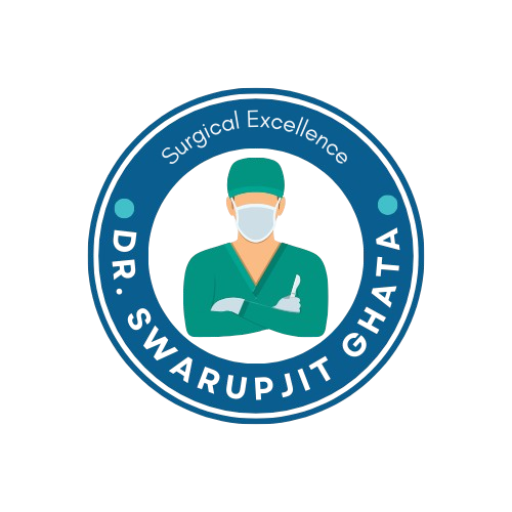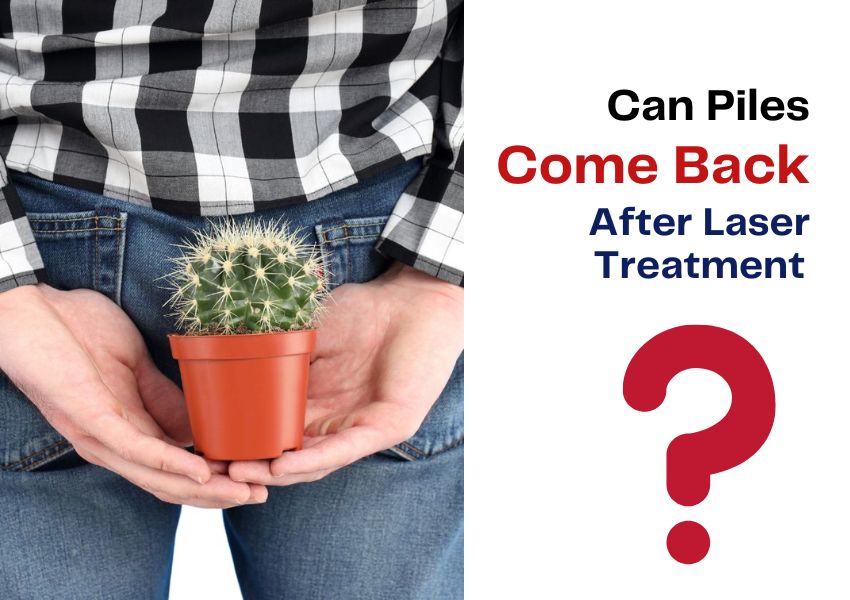If you or a loved one is planning for gallbladder removal surgery, also known as cholecystectomy, it is natural to wonder how life might change after the procedure.
Being an experienced laparoscopic surgeon in Kolkata, I often encounter patients with similar concerns. Here, I’ll explain what happens when the gallbladder is removed, how it affects digestion, and how you can maintain a healthy life post-surgery.
The Role of the Gallbladder
The gallbladder is a small, pear-shaped organ located under the liver. Its primary function is to store bile, a digestive fluid produced by the liver that helps break down fats in the small intestine. While the gallbladder plays a role in digestion, it is not essential for survival. When removed, your body adapts by allowing bile to flow directly from the liver into the small intestine.
Reasons for Gallbladder Removal

Gallbladder removal is commonly performed to treat conditions such as:
-
Gallstones: Hardened deposits of bile that can cause pain, inflammation, or infection.
-
Cholecystitis: Inflammation of the gallbladder.
-
Biliary Dyskinesia: Poor functioning of the gallbladder.
-
Gallbladder Cancer: Rare but sometimes necessitating removal.
What Happens Immediately After Surgery?
Gallbladder removal can be performed using traditional open surgery or minimally invasive laparoscopic surgery. The latter is preferred due to smaller incisions, reduced pain, and faster recovery.
Post-Surgery Recovery
-
Hospital Stay: Most laparoscopic gallstone surgeries are done as outpatient procedures or require an overnight stay.
-
Pain Management: Mild discomfort at incision sites is common but manageable with medication.
-
Dietary Adjustments: Initially, you’ll need a low-fat diet to ease digestion.
-
Activity Levels: Most patients return to regular activities within a week, but strenuous exercises should be avoided for a few weeks.
Long-Term Effects of Gallbladder Removal
Without a gallbladder, your digestive system undergoes some changes. Here’s what you can expect:
1. Direct Bile Flow
After the gallbladder is removed, bile flows directly from the liver into the small intestine. While this continuous flow is effective for digestion, it may:
-
Lead to difficulty digesting large amounts of fatty or greasy foods.
-
Cause diarrhea in some individuals, especially in the early weeks post-surgery.
2. Altered Digestion
Most people experience only minor changes in digestion. However, some may face occasional bloating, gas, or diarrhea. These issues often resolve over time as the body adapts.
3. Risk of Bile Reflux
In rare cases, bile can flow backward into the stomach, causing bile reflux. Symptoms include abdominal pain and a bitter taste in the mouth. If this occurs, consult your surgeon for guidance.
Tips for a Healthy Life After Gallbladder Removal
Adopting certain lifestyle changes can help you maintain optimal digestive health:
1. Follow a Balanced Diet
-
Opt for a diet rich in fruits, vegetables, lean proteins, and whole grains.
-
Limit fatty, fried, and processed foods to prevent digestive discomfort.
-
Incorporate small, frequent meals instead of large portions to ease digestion.
2. Stay Hydrated
Drinking plenty of water aids in digestion and overall health.
3. Gradually Reintroduce Foods
Reintroduce high-fiber and spicy foods slowly to identify any potential triggers.
4. Maintain a Healthy Weight
Obesity can worsen digestive issues, so maintaining a healthy weight is crucial.
Myths About Life Without a Gallbladder
Myth 1: You Can’t Eat Fat Anymore
While you should avoid excessive fatty foods, moderate amounts of healthy fats (like those in avocados, nuts, and olive oil) are essential for a balanced diet.
Myth 2: Your Digestive System Will Never Function Properly Again
Most people live normal, healthy lives after gallbladder removal. Issues like diarrhea are usually temporary.
Success Stories: Adapting to Life Without a Gallbladder
Many patients adapt quickly to life after gallbladder removal. For instance, Rina, a 45-year-old school teacher in Kolkata, had her gallbladder removed due to recurrent gallstones. With dietary adjustments and guidance, she resumed her regular routine within weeks. Today, she enjoys a healthy lifestyle with minimal restrictions.
When to Seek Medical Advice?
While most people recover smoothly, consult your doctor if you experience:
-
Persistent diarrhea or constipation
-
Severe abdominal pain
-
Unexplained weight loss
-
Symptoms of bile reflux
Why Choose Laparoscopy for Gallbladder Removal?
As a specialized surgeon in laparoscopic surgery, let me tell you the advantages of lap chole:
-
Minimally invasive techniques
-
Less risk of infection
- Short duration of hospitalization
- Less pain
-
A patient-centric approach
Based in Kolkata, I helped countless patients overcome gallbladder issues with precision and care.
Final Thoughts
Living without a gallbladder is entirely manageable with the right adjustments and guidance. By understanding the changes and adopting a healthy lifestyle, you can lead a normal and fulfilling life. If you’re considering gallbladder removal, you may consult me or any other experienced surgeon to ensure the best outcomes.
Contact Dr. Swarupjit Ghata today to schedule your consultation and take the first step toward better health.





